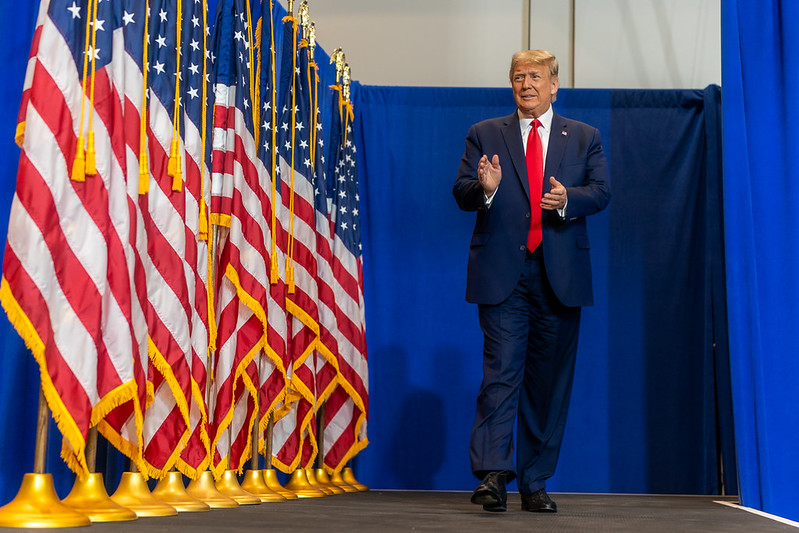
A nearly unknown retiree named Edmundo González is poised to compete against strongman Nicolás Maduro for Venezuela’s presidency. The Wall Street Journal’s Kejal Vyas reports:
A few months ago, Edmundo González’s life in retirement consisted of academic conferences, visiting old friends and playing with grandchildren at his Caracas high-rise.
Few in Venezuela knew him.
Now, the soft-spoken 74-year-old is the opposition’s presidential candidate in the July 28 election and what analysts say could be a last hope for democracy in a country ruled for 11 years by the strongman he is challenging, President Nicolás Maduro.
González has never run for office, but polls give the former career diplomat a whopping 20-point advantage over Maduro, who is seeking a third six-year term. The same polls show Maduro is widely reviled for driving the oil-rich nation to ruin and leading a quarter of the population—some eight million people—to flee the country.
“I’d never done party politics, nor been in a popular election before,” González said in an interview with The Wall Street Journal. “This is all completely new to me.”
Venezuela’s normally fractious opposition came together to rally around González as a third-string choice after María Corina Machado, a charismatic pro-business politician who garnered 90% of the votes in a primary last year, was banned by the regime from running. So was her handpicked replacement.
The government never explained why it let González run. On the ballot, Maduro’s face appears 13 times while González appears three times, alongside a handful of other candidates with little support in polls.
But González’s commanding lead may not be enough to bank on when the vote in Venezuela is neither free nor democratic, say Western diplomats and human-rights groups. The Maduro administration has been accused of arbitrarily jailing dissidents, rigging elections and coercing desperate voters with food handouts.
Merely 1% of the 4.5 million voting-age Venezuelans exiled abroad, who make up nearly a quarter of the national electorate, will be able to vote, the civil-society group AlertaVenezuela said in a report. The European Union, which was supposed to lead the largest electoral observation team, was disinvited by Caracas until the bloc lifts all sanctions against the Maduro government. Smaller monitoring teams from the United Nations and the U.S.-based Carter Center will be permitted. Maduro controls the National Electoral Council, the courts and the armed forces.
Still, about two-thirds of voters plan to participate in the election, according to a recent poll conducted by ClearPath Strategies and Consultores 21, which gives González and Maduro support of 56% and 35%, respectively.
“We’re heading toward an unprecedented situation where we’re looking at high participation, despite a government that has set one of the worst conditions for elections,” said Guillermo Bolinaga, a Venezuelan with the political-risk consulting firm Opportunitas Advisors in Florida.
Read more here.
If you’re willing to fight for Main Street America, click here to sign up for the Richardcyoung.com free weekly email.




